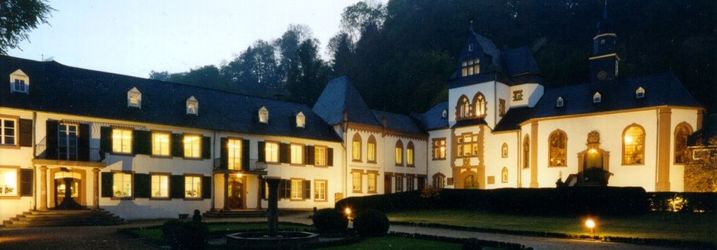The DDI (Data Documentation Initiative) metadata standard, originally created in 1995 to document social science research data, has in recent years become relevant to new user groups, including the official statistics and medical research communities. In order to respond to these new users, DDI is developing a model-based specification (DDI Version 4) that can be expressed in XML Schema, RDF-S/OWL, relational database schema, and program languages. Such a data model will make it easier to interact with other disciplines and other standards, to understand the specification, to develop and maintain it in a consistent and structured way, and to enable software development that is less dependent on specific DDI versions.
Throughout the past year, content modeling teams have been working virtually to model DDI 4 to ensure that it can document a broad spectrum of data. This year’s Dagstuhl “sprint” will focus creating re-usable multi-purpose documentation, controlled vocabularies, complex data capture and description, and funding proposals.
Goals
This workshop will extend and build upon the progress made during the past 3 years of development. The sprint will focus on four main areas of work:
Documentation: As DDI releases a first version of the Codebook Functional View to the community, documentation and documentation structure becomes essential for its successful implementation. The work during this week, will concentrate on developing both high-level and field-level documentation to assist archives, libraries, and statistical agencies, migrating from an older version of DDI to DDI 4.
Expansion of Data Capture and Description: More complex scenarios for data capture and data description will be explored.
Controlled Vocabularies: The development of the model will benefit from a closer working relationship with the Controlled Vocabularies Group as Controlled Vocabularies are used throughout the model.
Funding Opportunities: Explore opportunities and create documentation for potential funding proposals of the local, national, and international funders.
Outcomes
- Develop a documentation structure which can be re-used for multiple purposes. Initial base content will be written that will support the needs of different user groups (i.e. technical perspective), applied usage in substantive content areas, etc. The modular form of the documentation will also provide the basis for training materials to be used by all DDI user communities.
- Profile of the DDI requirements for a tool to support the creation and maintenance of Controlled Vocabularies.
- The existing model on data capture and data description will be expanded for complex scenarios.Building blocks for funding proposals will be written.
- Building blocks for funding proposals will be written.
See also the Dagstuhl webpage for this event.
